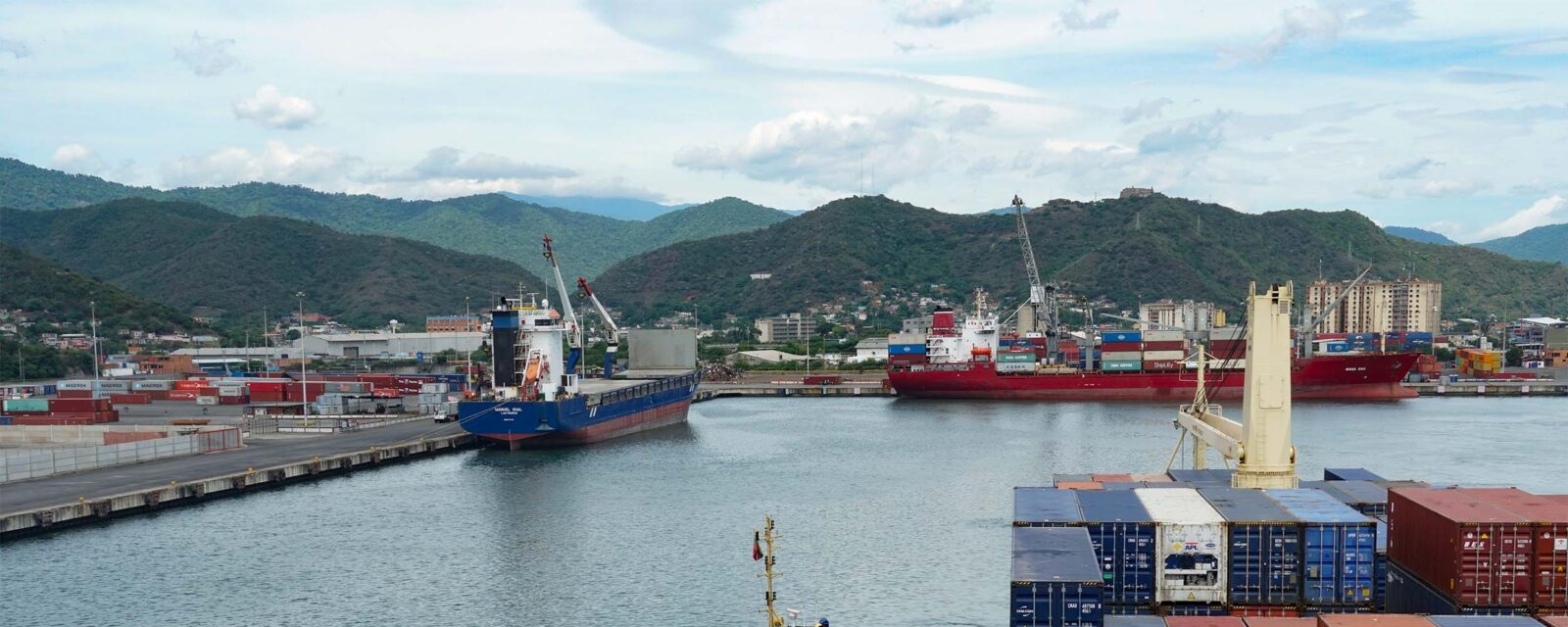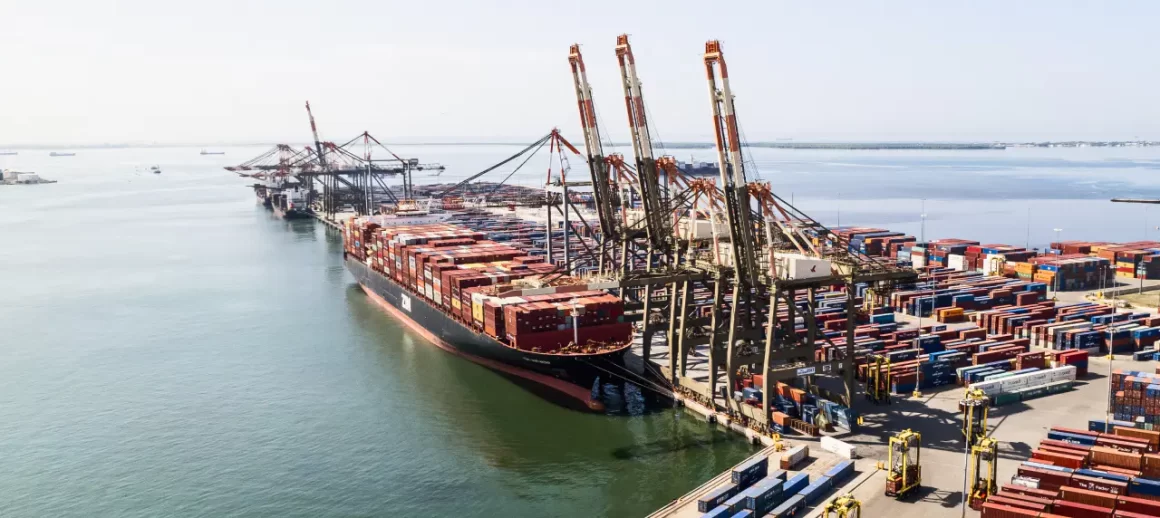
Venezuela’s trade and industrial sectors are experiencing a dynamic evolution, significantly impacting the global shipping industry. With a developing economy and burgeoning trade relationships, the country is a key destination for the transportation of heavy and oversized equipment.
In this intricate trade environment, Atlantic Project Cargo stands out as a reliable partner, adept at handling the complexities of shipping to and from Venezuela. Our company’s expertise ensures that the transportation of heavy and oversized equipment complies with local regulations and is handled efficiently and effectively.
Facts About Venezuela
Venezuela, a country with a rich cultural and economic landscape, offers several important features for international trade. The following are the highlights:
- Official Language
Spanish is the country’s primary language for communication and business transactions - Population
According to the most recent data, there are approximately 28 million people in Venezuela. This large population presents a significant market for various products and services - Time Zone
Venezuela operates in the Venezuelan Standard Time (VST), which is crucial for business planning and synchronization, especially with countries in similar time zones - Currency
The Venezuelan Bolívar (VEF) is the official currency. However, it’s important to note that Venezuela has experienced significant inflation, impacting the currency’s value in international trade - Economic Challenges
Venezuela has faced economic challenges, including hyperinflation and political instability, which have affected its financial landscape. This makes international financial transactions with Venezuela more complex and requires careful planning and risk assessment - Business Insight
Understanding these core features of Venezuela is essential for companies looking to engage in trade or investment in the region. It’s important to consider the unique economic conditions and adapt strategies for successful business endeavors
Venezuela’s Trade Overview

Venezuela’s economy relies heavily on oil, with the world’s largest oil reserves currently at 300 billion barrels. Its economy grew due to increased oil prices and remittances, but faces hyperinflation, limited industrial diversification, and a weakened labor market. The agricultural sector contributes modestly to GDP, while the service sector is a significant employment source. The country’s foreign trade, largely dependent on hydrocarbons, includes important partners like the U.S., China, and India.
Shipping From The U.S. To Venezuela
Heavy equipment shipment from the United States to Venezuela involves various key industries. Trade involving heavy equipment between the two countries encompasses a range of sectors, including:
- Manufacturing Industry
This includes the shipment of electrical machinery, machine-tool parts, and components essential for the manufacturing sector - Mining Industry
Equipment like bulldozers, dump trucks, cranes, excavators, and pavers are shipped for use in the mining industry - Energy Industry
The energy sector receives power generators, nacelles, turbines, and other related components - Agricultural Industry
Tractors, cranes, harvesters, and other farm machinery are sent to support Venezuela’s agricultural sector - Construction Industry
Various construction equipment and vehicles are shipped for building projects - Transportation Industry
This includes the shipment of rail vehicles and equipment, such as carriages, railcars, or locomotives
These shipments cater to industrial companies of all types and sizes from these sectors, helping meet specific transportation needs and requirements. The loads can range from single pieces of machinery to complete production lines and even entire manufacturing factories.
Opportunities In Exporting To Venezuela
- Agricultural Market Growth
Increased U.S. agricultural exports due to favorable trade conditions - Economic Recovery
Positive GDP growth projections following the easing of sanctions and improved political stability - Strengthened Trade Relations
Trade agreements with other countries enhance export possibilities
Challenges In Exporting To Venezuela
- Economic Instability
Persistent hyperinflation and high-risk business environment - Operational Difficulties
Including electricity and water shortages, high crime rates, and port inefficiencies - Regulatory Hurdles
Strict laws impacting prices, profits, and labor - Talent Shortage
Loss of skilled labor due to emigration
Ocean Freight Ports In Venezuela
Venezuela, located on the northern coast of South America, has several major ocean freight ports that play a crucial role in its economy. Here’s a list of some of the major ports, with a brief description for each:
- Puerto Cabello
The largest and most important Venezuelan port, Puerto Cabello is known for handling most of the country’s import and export activities - La Guaira
Located close to the capital city, Caracas, La Guaira is a crucial port for cargo and passenger ships - Maracaibo
Situated on the shores of Lake Maracaibo, this port specializes in shipping oil and petroleum products, reflecting Venezuela’s status as a major oil exporter - Puerto La Cruz
This port is primarily involved in the export of oil and aluminum, playing a significant role in the country’s industrial shipping activities - Guanta
Often associated with the nearby city of Puerto La Cruz, Guanta is another vital port for the oil industry and general cargo - Puerto Ordaz
Located along the Orinoco River, this port is crucial for the shipment of iron ore and steel, critical components of Venezuela’s mining sector - Punto Fijo
Situated on the Paraguaná Peninsula, this port is closely linked to the oil refineries in the region and handles petroleum products
Each of these ports is vital to Venezuela’s economy, facilitating the export of its natural resources and the import of various goods necessary for its population.





